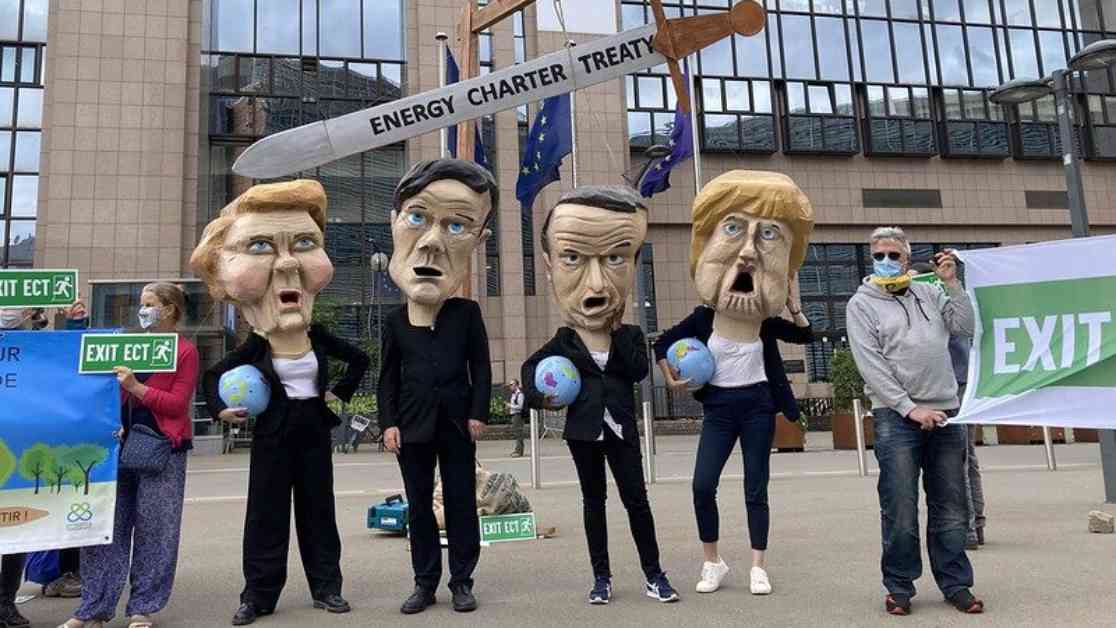Green energy investment treaty reforms: Key hurdle cleared
Green energy investment treaty reforms took a significant step forward as the 51 governments of the Energy Charter Treaty (ECT) agreed to allow each other to remove protections for fossil fuels, a move that could have far-reaching implications for the energy sector globally. This vote is a victory for the European Commission, marking the culmination of a four-year-long effort to curb fossil fuel investments’ ability to challenge climate policies through the ECT.
Reforms Overview
Starting provisionally on September 3, 2025, the reforms will enable governments to end investment protection for fossil fuels while maintaining protections for investments in renewables. This flexibility mechanism is a crucial aspect of the reforms, allowing countries to transition away from fossil fuels without jeopardizing existing investments.
Impact and Controversy
European climate campaigners have expressed reservations, arguing that governments should consider leaving the ECT altogether despite the reforms. The debate over the treaty’s relevance and future remains contentious, with differing opinions on the best course of action moving forward.
Legal Ramifications
The ECT, initially designed to facilitate energy investments, has been increasingly used by energy companies to challenge climate policies. Recent lawsuits filed under the treaty highlight the need for reforms to align with modern climate goals and regulations. Failure to agree on reforms could lead to prolonged legal battles and uncertainties for both governments and energy companies.
EU’s Position
The European Union has been at the forefront of pushing for these reforms, but internal divisions among member states have complicated the process. Despite some countries already leaving the ECT, a compromise has been reached to allow governments to support the modernization efforts while also paving the way for potential exits.
The approval of these reforms marks a critical juncture in the energy sector’s transition towards cleaner and more sustainable practices. As governments navigate the complexities of international treaties and climate policies, the implications of these reforms will undoubtedly shape the future of energy investments and environmental protection on a global scale.
In a personal reflection, imagine being a small business owner looking to enter the renewable energy sector but feeling hesitant due to the uncertainties surrounding investment protections and legal challenges. The reforms to the ECT could offer a glimmer of hope by providing more clarity and support for sustainable energy projects, ultimately benefiting both the environment and businesses seeking to make a positive impact.














